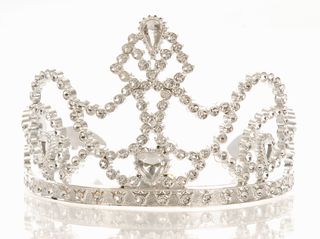 The important point to keep in mind is that DIY estate planning provides forms and not legal advice. An attorney may provide you insights into your situation and prepare documents that are specifically tailored to your circumstances and needs, potentially saving your loved ones expense and frustration. Before embarking on a DIY estate plan, consider the pros and cons carefully.
The important point to keep in mind is that DIY estate planning provides forms and not legal advice. An attorney may provide you insights into your situation and prepare documents that are specifically tailored to your circumstances and needs, potentially saving your loved ones expense and frustration. Before embarking on a DIY estate plan, consider the pros and cons carefully.
If you think your Saturday DIY projects should include an estate plan, think again.
A recent article on WMUR.com Money Matters, titled "The potential pitfalls of DIY estate planning," gives us some pros and cons to consider before trying your hand at creating your own estate plan.




























